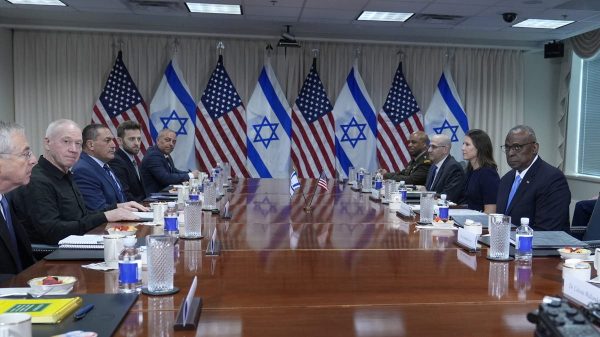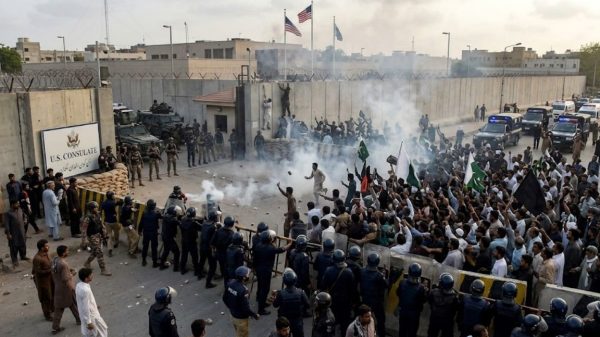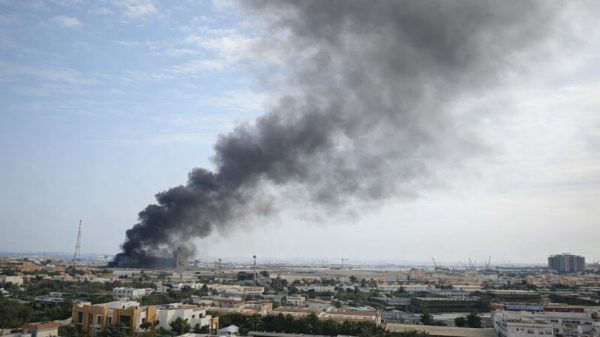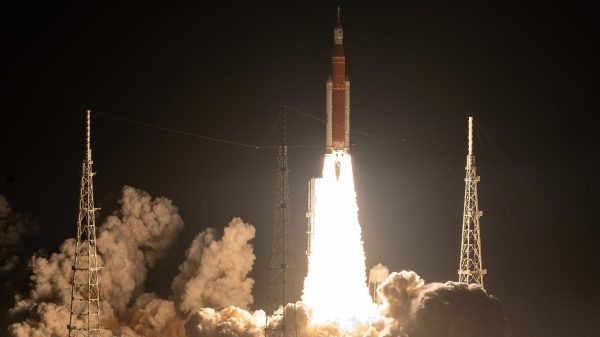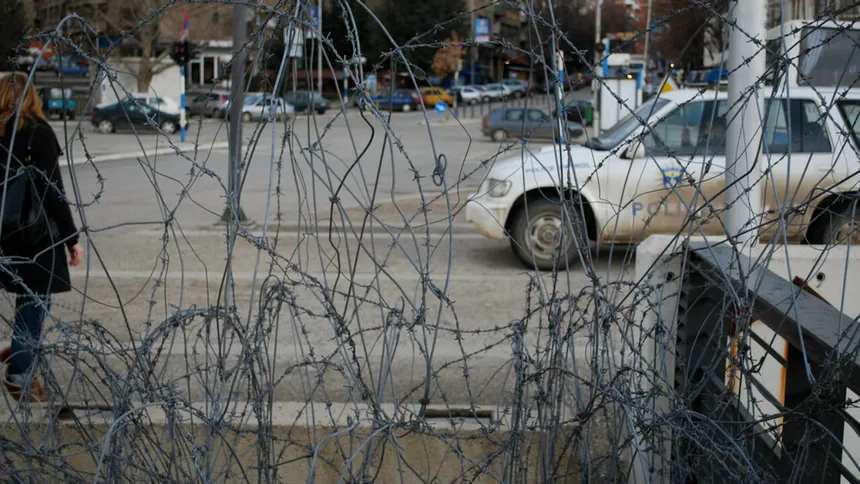Fifteen years after Kosovo declared independence, a quarter of the country’s minority Serb population in the north continues to refuse to recognize the state and its institutions. This group, numbering around 50,000, ignores the authority of Kosovo’s government and instead receives financial support and benefits from Serbia. They also pay no taxes to either the Pristina or Belgrade governments.
Tensions in the region have intensified in recent years, particularly since ethnic Albanian mayors took office in northern Kosovo’s Serb-majority areas after April elections, which Serbs boycotted. The Serbs have been protesting against the election results, claiming that they were rigged against them. The US and its allies have rebuked Pristina over the issue, calling for greater representation for ethnic Serbs in the region.
The root of the tensions lies in the Kosovo War, which lasted from 1998 to 1999 and saw Serbian forces imposing repressive rule on the ethnic Albanian majority. After the war, Kosovo declared independence in 2008, which was recognized by over 100 countries. However, Serbia still views Kosovo as part of its territory and denies any involvement in stirring up unrest within its neighbor.
Ethnic Serbs make up around 5% of Kosovo’s 1.8 million people, while ethnic Albanians account for 90%. The Serbs in north Kosovo have been venting their rejection of the state by refusing to pay energy bills and often attacking police who try to make arrests. They have been demanding greater autonomy and recognition of their rights as a minority group.
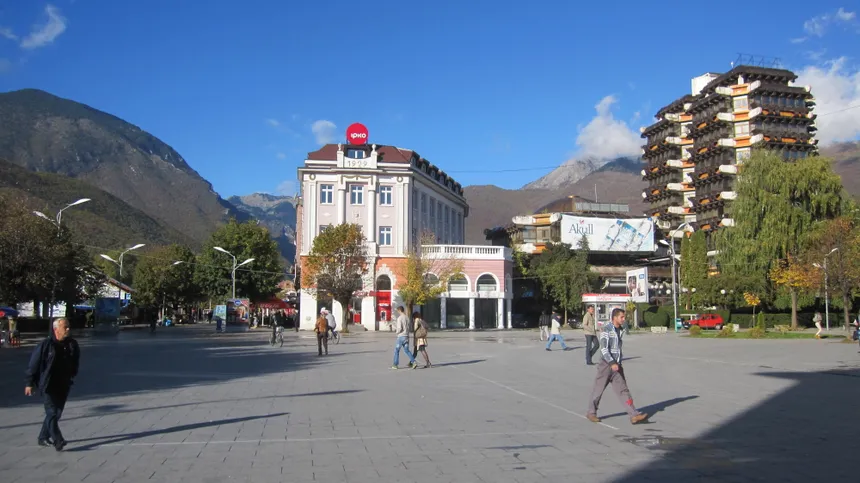
Serbs in Kosovo Refuse to Recognize State
The situation has been exacerbated by the recent dispute over car license plates, which Pristina has sought to switch from the Serbian style to the new Kosovo-style plates. This has led to violent clashes between police and protesters, with several people injured.
The EU has been attempting to mediate the crisis, presenting a new peace plan in mid-2022 that would require Serbia to stop lobbying against Kosovo’s membership in international organizations, and Kosovo to commit to forming an association of Serb-majority municipalities. Serbia’s president has indicated his willingness to approve the plan, but Kosovo’s prime minister has expressed reservations, citing concerns over the lack of international guarantees for the Serb minority.
The situation is complex and sensitive, with nationalist hardliners on both sides refusing to compromise. The local Serb population is deeply concerned about losing their benefits and rights, including free public healthcare and larger pensions, if they are integrated into Kosovo. The stalemate has fueled instability in the Western Balkans and threatens to derail Kosovo’s aspirations to join the European Union.
Ultimately, a solution will require significant concession-making on both sides and a willingness to address the legitimate concerns of the minority Serb population. The EU and other international organizations will need to play a more active role in mediating the crisis and promoting a peaceful resolution that respects the rights of all communities in Kosovo.

